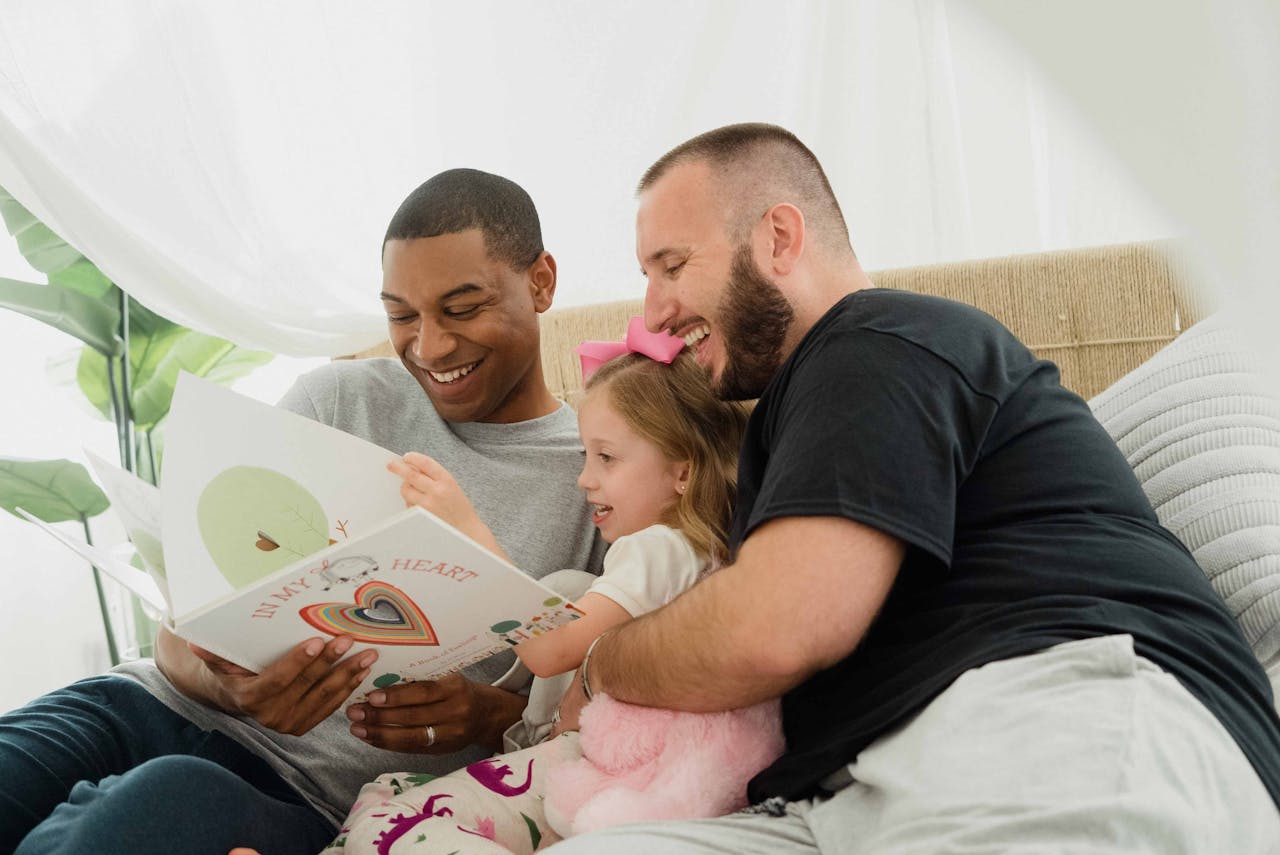June is Men’s Mental Health Awareness Month – and Father’s Day happens right in the middle of it. I think it’s important to spotlight the often unspoken, weight our fathers carry. Certainly, a new barbecue kit or tickets to a sports game may put a pep in a dad’s step. But maybe we can kick our appreciation up a notch. Let’s honor the paternal figures in our lives more meaningfully.
Let’s Talk About Dad’s Mental Health
Fathers are conditioned to be headstrong…to be the glue that holds their family together. They believe that a slight fumble on their part could be disastrous. So, like a house, they shield a family and withstand weathering storms silently. However, even the strongest houses need maintenance. Otherwise, it’ll fall apart.
The stigma of men’s mental health
Sadly, a man struggling with his mental health still experiences a mark of “disgrace”. This stigma leads to underdiagnoses and under-treatment among fathers. Sure, we are seeing an increase in awareness. However, many men still hesitate to seek help. Society places immense pressure on a father’s role in his household.
What’s more, misconceptions about masculinity only widen the gap between a struggling dad and receiving help. Shockingly, the “real men don’t cry” narrative is still deeply ingrained in the minds of many.
Celebrities on fatherhood and mental health
In raising awareness about mental health, celebrities navigating fatherhood are speaking up to affirm the importance of fathers’ mental health.
Take wrestler and action star Dwayne ‘The Rock’ Johnson, for instance. A father to three daughters, the former WWE champion has openly shared his battles with depression. Reflecting on his journey, Johnson said,
“Years ago, I didn’t know what mental health struggle was. As men, we didn’t talk about it. We just kept our heads down and worked through it. Not healthy, but that’s all we knew.”
Johnson’s candidness about his struggles highlights the importance of breaking the silence and seeking support. “I lost two friends to suicide. Talk to someone. Despite, how you may feel, you’re never alone,” Johnson urges.
Let’s stop shaming men for breaking down or expressing their pain.
A father’s mental state plays a crucial role in family stability and well-being
Johnson isn’t the only celebrity that’s opened up about the importance of mental health in fatherhood. A father’s mental health has a domino effect on the overall family dynamic. The emotional and psychological well-being of the entire family is at risk if he struggles silently.
Speaking to Men’s Health, Deadpool actor and father-of-four Ryan Reynold shared that his relationship with his father may have led to his struggles with anxiety,
“I have three older brothers. Our father was tough. He wasn’t easy on anyone. And he wasn’t easy on himself. I think the anxiety might have started there, trying to find ways to control others by trying to control myself.”
What’s more, fathers who forgo mental health treatment, sadly, create consequences for their children, as evident by Reynold’s confession. These kids are at higher risk of emotional and behavioral problems. Partners often bear additional stress, which creates strain within the family environment. Therefore, it’s crucial to recognize and address the mental health needs of fathers. The well-being of the whole family depends on it.
Get dad the help he needs
According to Dr. Anthony Nedelman, an expert in paternal mental health, we need to take action immediately. He emphasized the importance of early intervention and inclusive support systems. Accordingly, we can ensure fathers receive the help they need.
Thankfully, practitioners and organizations are responding to this significant gap. They’ve set up initiatives promoting mental health awareness among fathers. Additionally, they’re offering accessible resources.
These initiatives include support groups, therapy options, and online tools tailored for fathers. Essentially, organizations are providing flexible delivery options and developing father-inclusive policies. This makes it easier for fathers to access the help they need when they need it.
For example, online platforms – such as HeadsUpGuys – offer resources specifically aimed at men’s mental health. Fathers’ Mental Health Network focuses on support and advocacy for fathers. These resources are essential in creating a more supportive and inclusive mental health landscape.
The bottom line
Father’s Day is a reminder of what it takes to be a father – and it’s by no means easy. Why don’t we celebrate by acknowledging and supporting the mental health journey of dads? It’s vital to foster a culture of inclusivity and prioritize paternal mental well-being. By doing this, we can empower fathers and pave the way for healthier, happier families.
References
Leasca, S. (2018). Ryan Reynolds Opens Up About His Lifelong Battle With Anxiety. Men’s Health. [online] https://www.menshealth.com/health/a20137388/ryan-reynolds-opens-up-about-his-lifelong-battle-with-anxiety/



![women [longevity live]](https://longevitylive.com/wp-content/uploads/2020/01/photo-of-women-walking-down-the-street-1116984-100x100.jpg)










